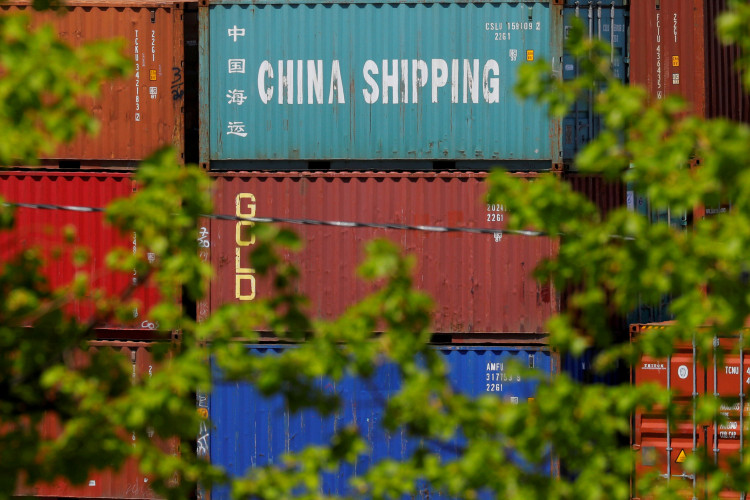As the global economy continues to grow, so does China's influence on global policy making and politics. Once dubbed as the world's sleeping giant, China is now an undeniable giant that holds major political and economic might that can challenge the powers that be.
Some political analysts have said that China's increasing global influence comes at a price as well. In recent months, China has caught the ire of United States President Donald Trump who wants to curb the country's influence in terms of geopolitics.
U.S. President Trump levied massive tariffs against various Chinese goods. Recent reports revealed that these tariffs amount to at least $200 billion. As a response, China, which is one of the world's top producer, have also levied its own set of tariffs against American goods. This bitter trade war between the two superpowers have severely affective some smaller economies that both rely on them for trade.
As part of China's agenda to benefit from global trade, Chinese Premier Li Keqiang appealed to the global community to adopt free trade. The Chinese Premier added that there is no room for "unilateralism" in this modern day and age.
Premier Keqiang covered a lot of topics during the recent World Economic Forum which was held at the eastern Chinese city of Tianjin. The Premier ruled out the growing rumors about China's strategy of weakening the Yuan in order to boost the country's exports.
Premier Keqiang added that the country will continue to push its market reforms and regulations. He added that China will not pursue competitive devaluation of its own currency.
It is important to note that the Chinese Yuan has depreciated by about eight percent against the dollar since March. This led to market speculations that the country is deliberately devaluating its currency in order to attract export deals.
Aside from imposing string market regulations, Premier Li also said that the country will implement and adopt stricter regulations with regards to intellectual properties. The Premier added that by implementing these strict regulations, the country will essentially attract new innovations. Many believe that China will not achieve a higher development environment unless the country adopts stricter laws regarding intellectual properties.
Despite the backdrop of the bitter trade war between China and the U.S., top-level officials from both sides have started engaging in trade talks in order to mitigate, if not totally dismiss the economic damage brought upon by the trade war.





